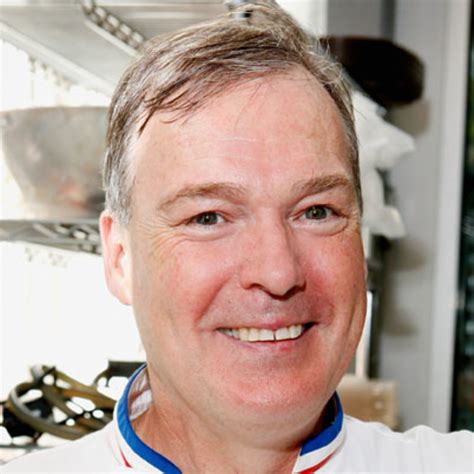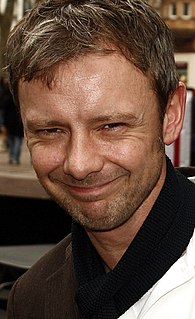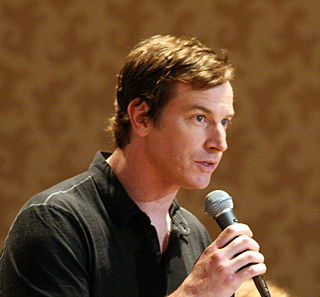A Quote by Laura van den Berg
Here's something a little more personal: In my teens, I was having a hard time and ended up in a therapy group of young women, some of whom had endured terrible childhood traumas.
Related Quotes
Remember us in your prayers that we grow not weary in well doing. It is hard to work for years with pure motives, and all the time be looked upon by most of those to whom our lives are devoted as having some sinister object in view. Disinterested labor - benevolence - is so out of their line of thought, that many look upon us as having some ulterior object in view; but He who died for us, and Whom we ought to copy, did more for us than we can do for any one else. He endured the contradiction of sinners. We should have grace to follow in His steps.
I felt I had a very innocent childhood and I feel privileged by that. But as an adult, I know that there were people who didn't have that. There are a lot of teens who haven't had as easy a childhood as me, and having literature that explores these "darker" parts helps relieve the burden and stress they may be feeling. As a writer, there is often a temptation to draw back when we write for teens - to preserve their innocence. But the reality is, if someone has already had that innocence taken in their life, then not writing about it is just brushing it under the rug.
It's not like it's not fun to work on big studio pictures. It is. But I can't say that's more fun than working on some little indie for scale. Look at The Amateurs, that's probably the best time I ever had working on a film. With that group of guys, it ended up being an experience I'll never forget. I'll always have the fondest memory of that shoot.
My father was a writer, so I grew up writing and reading and I was really encouraged by him. I had some sort of gift and when it came time to try to find a publisher I had a little bit of an "in" because I had his agent I could turn to, to at least read my initial offerings when I was about 20. But the only problem was that they were just awful, they were just terrible stories and my agent, who ended up being my agent, was very, very sweet about it, but it took about four years until I actually had something worth trying to sell.
I did not want to be mistreated, I did not want to be deprived of a seat that I had paid for. It was just time… there was opportunity for me to take a stand to express the way I felt about being treated in that manner. I had not planned to get arrested. I had plenty to do without having to end up in jail. But when I had to face that decision, I didn't hesitate to do so because I felt that we had endured that too long. The more we gave in, the more we complied with that kind of treatment, the more oppressive it became.
To the best of my knowledge, every acute inpatient ward offers some inpatient group therapy experience. Indeed, the evidence supporting the efficacy of group therapy, and the prevailing sentiment of the mental health profession, are sufficiently strong that it would be difficult to defend the adequacy of the inpatient unit that attempted to operate without a small group program.






































